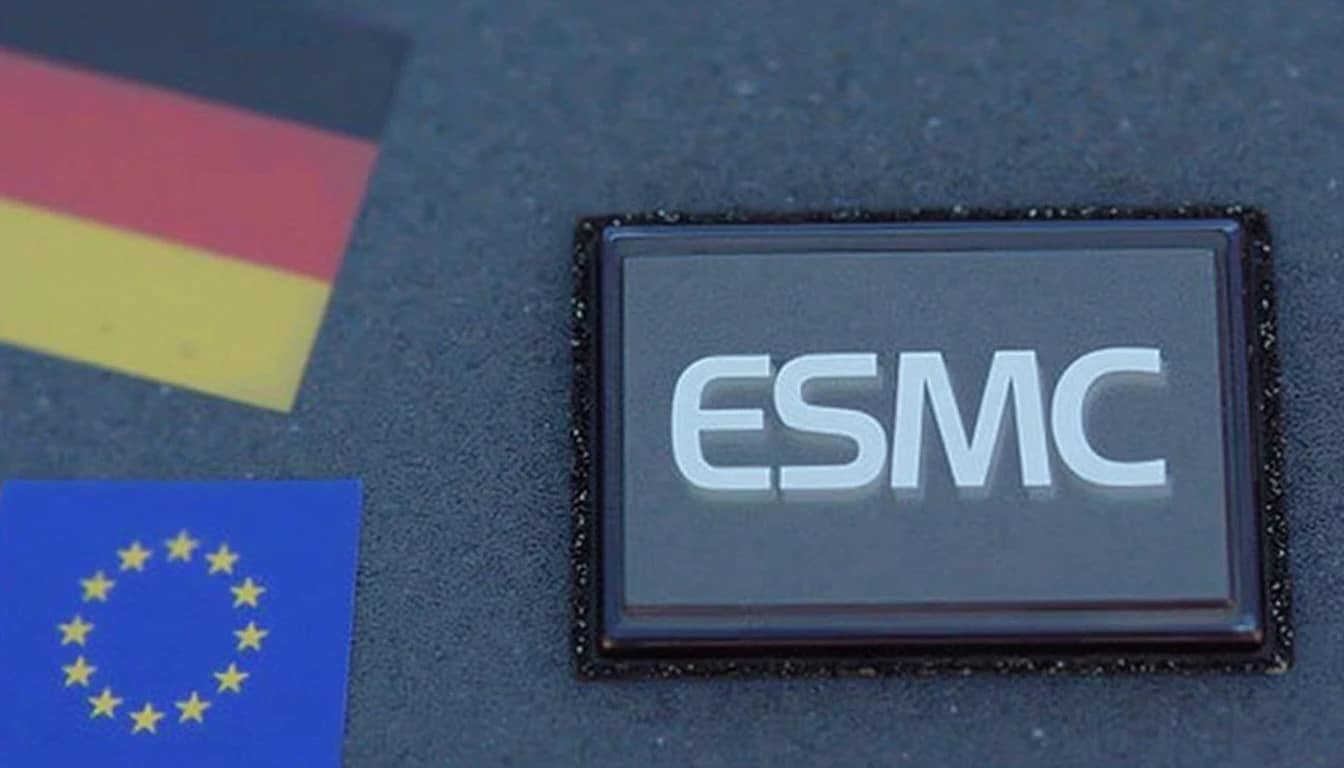The European Commission has given the green light to a state aid measure worth 5 billion euros proposed by Germany to support the European Semiconductor Manufacturing Company (ESMC) in the construction and operation of a new microchip manufacturing plant in Dresden. ESMC is a joint venture between Taiwan Semiconductor Manufacturing Company (TSMC), Bosch, Infineon, and NXP.
This financial support aims to strengthen Europe’s supply security, resilience, and digital sovereignty in the semiconductor sector, in line with the objectives set out in the European Chips Act Communication. Additionally, the measure will contribute to the digital and green transitions.
Project Details
The project in Dresden, which will primarily serve automotive and industrial applications, will feature a large-scale manufacturing facility. The plant will produce high-performance chips based on 300 mm silicon wafers with technological nodes ranging from 28/22 nm to 16/12 nm, using FinFET transistor technology. These chips promise to enhance performance and reduce total energy consumption. The plant, expected to reach full capacity by 2029, will produce 480,000 silicon wafers per year.
Operating as an open foundry, the plant will allow any customer, not just ESMC shareholders, to request the production of specific chips. This operational model is crucial for the EU ecosystem, as ESMC is committed to providing specialized support to small and medium-sized enterprises (SMEs) and European startups, as well as providing access to its production capacity for European universities, fostering research and knowledge creation in the region.
European Commission Evaluation
The European Commission has assessed the German measure under EU state aid rules, particularly Article 107(3)(c) of the Treaty on the Functioning of the European Union (TFEU), which allows Member States to grant aid to facilitate the development of certain economic activities under certain conditions. The evaluation concluded that:
The measure facilitates the development of specific economic activities, enabling the establishment of a new mass production plant for innovative technologies in Europe.
The facility will be the first of its kind in Europe, with specific technological features that differentiate it from existing capabilities and complement the needs of European customers.
The aid has an incentivizing effect, as the beneficiary would not undertake this investment without public support.
The measure has a limited impact on competition and trade within the EU, is necessary and appropriate to ensure semiconductor supply chain resilience in Europe. Additionally, the aid is proportionate and limited to the minimum necessary to attract investment.
ESMC has agreed to share possible profits exceeding current expectations with Germany.
Context and Next Steps
This approval is part of a broader package framed within the European Chips Act Communication, adopted on February 8, 2022, and the European Chips Act that came into effect on September 21, 2023. The European Commission has made similar decisions before, such as approving aid measures for STMicroelectronics in Italy and France, aimed at the construction and operation of semiconductor manufacturing facilities.
Margrethe Vestager, Executive Vice President in charge of competition policy, highlighted that this 5 billion euro measure will strengthen semiconductor production capacity in Europe, supporting the green and digital transition and creating opportunities for highly skilled employment. The plant will also enable access to high-energy-efficient chips for smaller businesses and startups, minimizing potential competition distortions.

